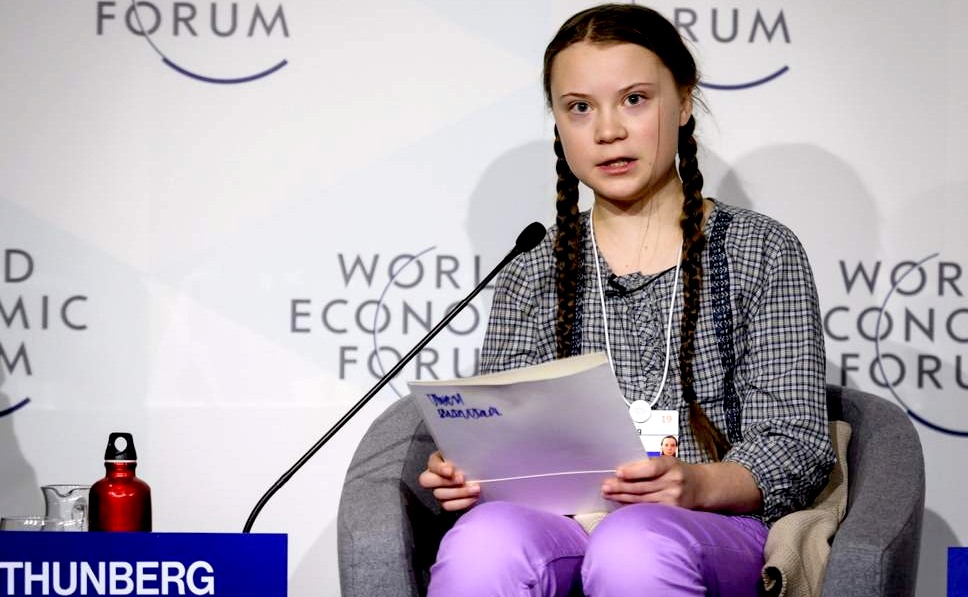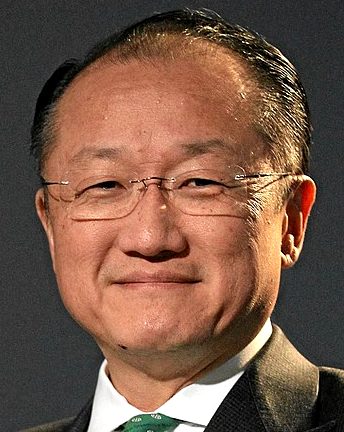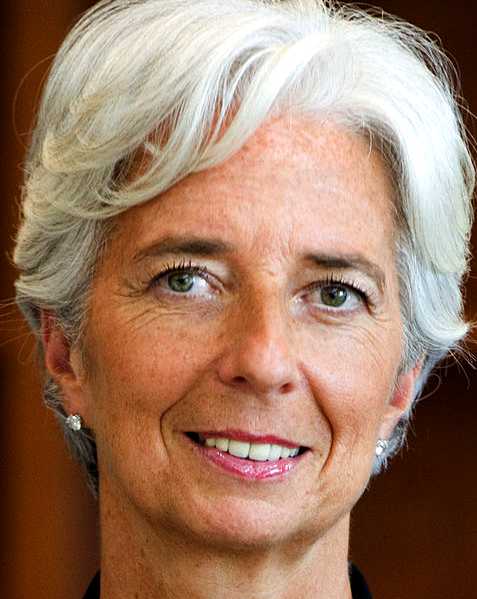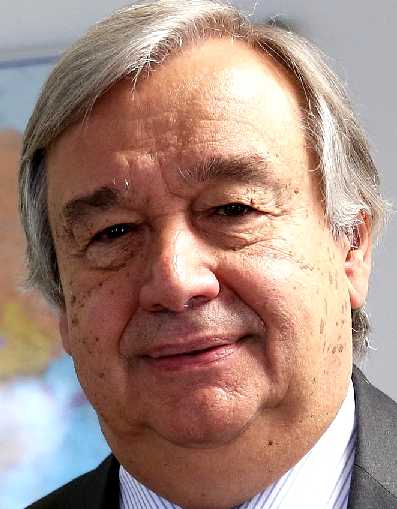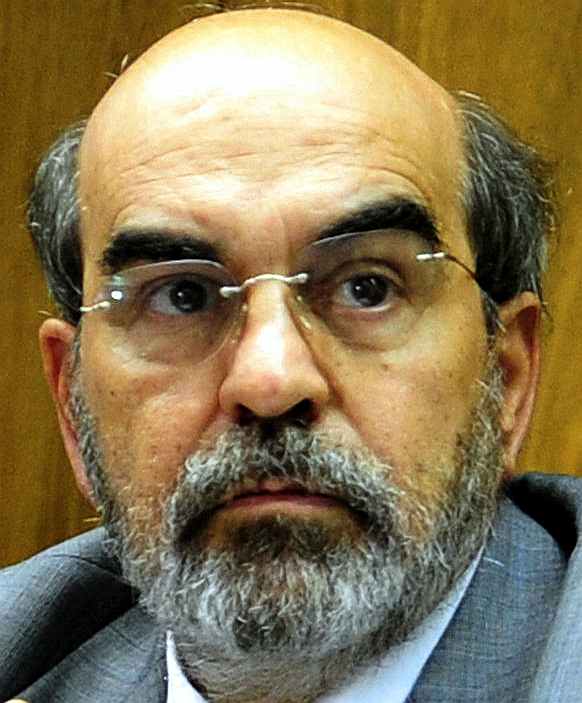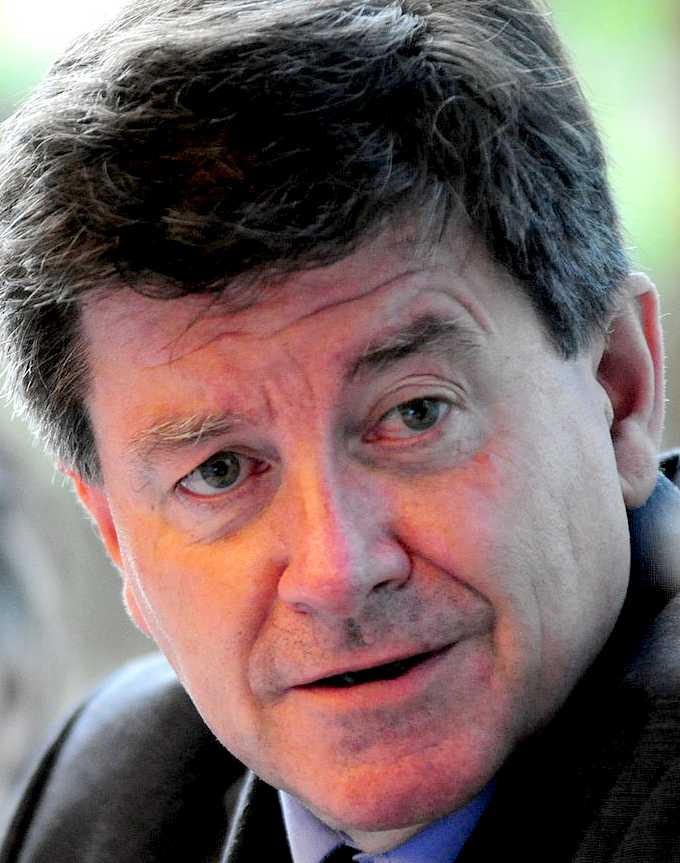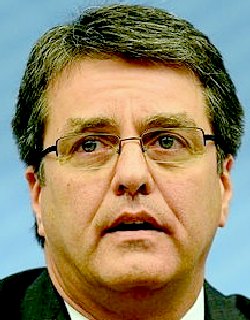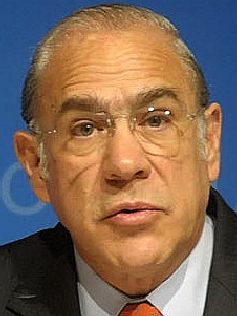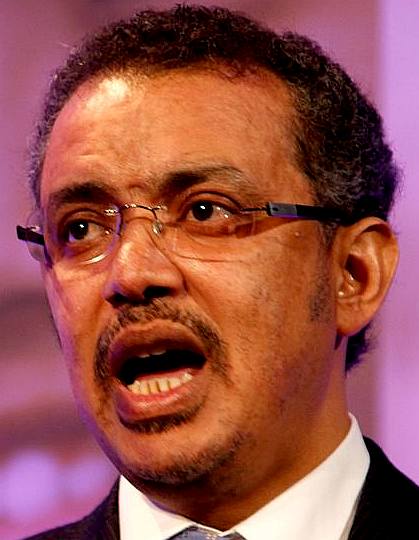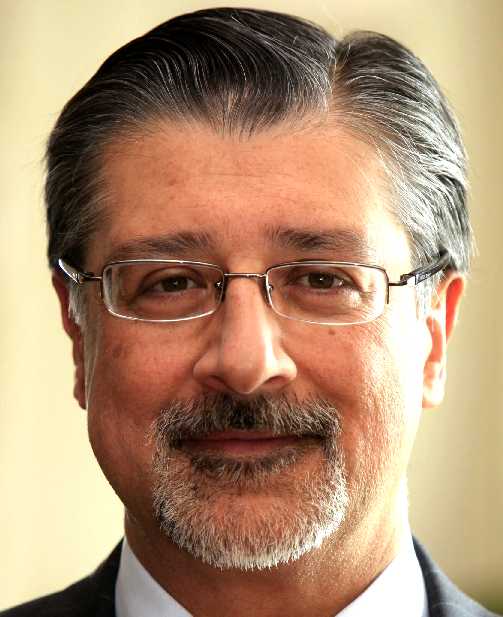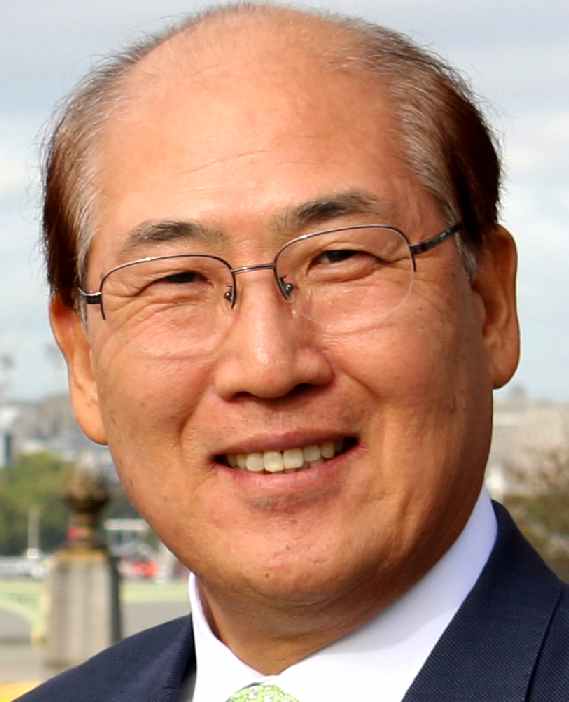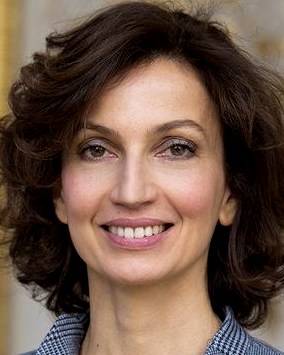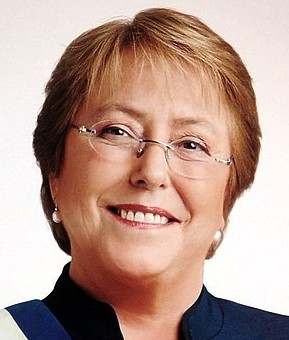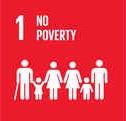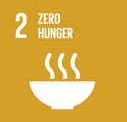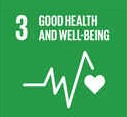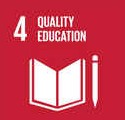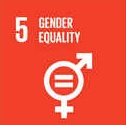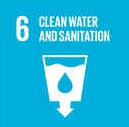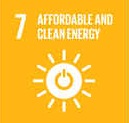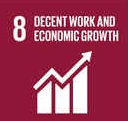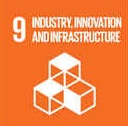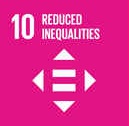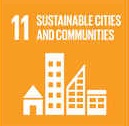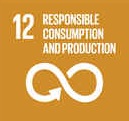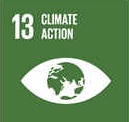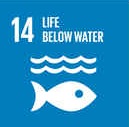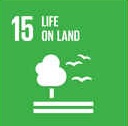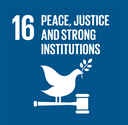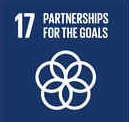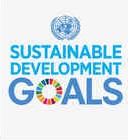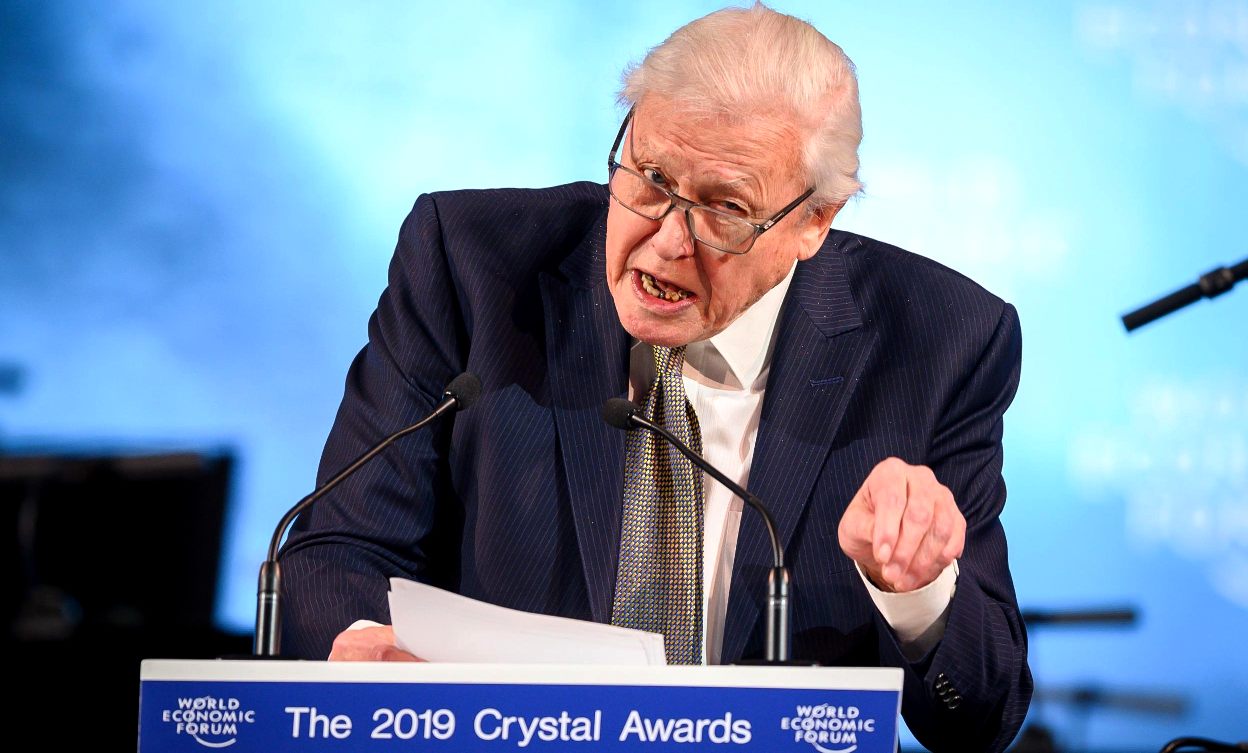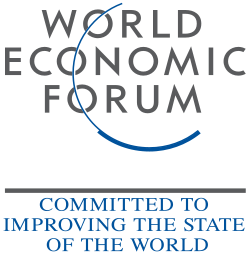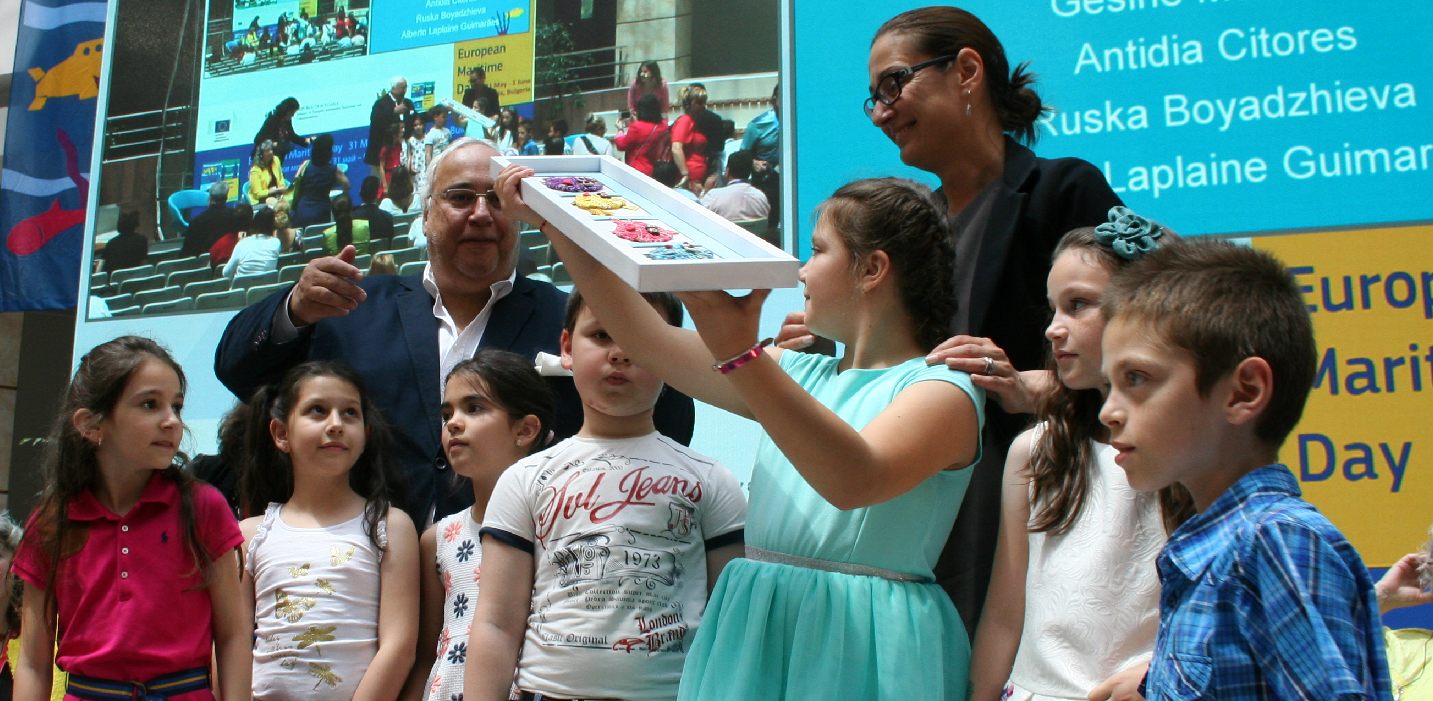|
DAVOS 2019 GRETA THUNBERG
ABOUT - CONTACTS - CIRCUMNAVIGATION - DONATE - FOUNDATION - HOME - A-Z INDEX
|
||||||||||||||||||||||||||||||||||||||||
DAVOS - Greta Thunberg media scrum, before she went in to give the assembly a roasting
EVENING
STANDARD 29 JANUARY 2019
- Greta Thunberg: 5 things
about climate change from 16-year-old schoolgirl
What can we learn from Greta Thunberg’s speeches?
1. We are running out of time, but it is not too late to save the planet
2. The decision to adopt clean air and eco-friendly policies is perhaps more simple than we thought
3. We need to start taking climate change more seriously
4. Greta Thunberg’s determination knows no bounds
5. “You are never too small to make a difference” WEF TRUSTEES
INTERNATIONAL ORGANIZATIONS 2018
SIX STEPS TOWARD A COOLER PLANET
1. TRANSPORT: Phase out polluting vehicles. Governments aim to end the sale of new petrol, and diesel vehicles by 2040 but have no infrastructure plan to support such ambition. Marine transport can be carbon neutral.
2. RENEWABLES: Renewable energy should replace carbon-based fuels (coal, oil and gas) in our domestic and industrial electricity usage, heating and transport.
3. HOUSING: On site micro or macro generation is the best option, starting with new build homes that are affordable, built of wood as a carbon lock with solar water heating.
4. AGRICULTURE: We need trees to absorb carbon emissions from a growing population, essential air travel, and to build new homes. Reducing food waste and promoting less energy intensive eating habits such as no meat Mondays.
5. INDUSTRY: Factories should be aiming for solar heating and onsite renewable energy generation.
6. POLITICS: - National governing bodies need to adopt rules to eliminate administrative wastages, to include scaling down spending on war machines, educating the public and supporting sustainable social policies that mesh with other cultures.
The World Economic Forum annual meeting is held at the end of January in Davos, Switzerland. It is the meeting point for chief executive officers from more than one thousand member companies, as well as politicians, representatives from academia, NGOs, religious leaders and the media.
DAVOS - Sir David at Davos, telling of air pollution and climate change issues that should be receiving more attention, and we also think should never have got to this stage.
....
LINKS & REFERENCE
https://www.standard.co.uk/futurelondon/cleanair/greta-thunberg-davos-air-pollution-climate-change-a4053121.html https://www.cnbc.com/2019/01/15/world-economic-forum-2019-who-is-going-to-davos-this-year.html https://www.dfv-eurofinance.com/en/konferenzen/davos-2019/davos-2019 http://www.jamaicaobserver.com/business-observer/bolsonaro-to-headline-davos-meet-in-trump-s-absence_154730?profile=1442 https://www.weforum.org/
FOR OUR CHILDREN - This was the conclusion of European Maritime Day in Burgas: The children of Burgas present Alberto Laplaine Guimarães with a gift from the Bulgarian City. Sustainable growth and aims for a circular economy are for our children and their children, and their children, and their children - lest we forget why we are working to clean our act up. As trustees of our blue planet we should hand the world to our successors in better shape than we found it. Copyright © photograph June 1 2018 Cleaner Ocean Foundation.
|
||||||||||||||||||||||||||||||||||||||||
|
This website is provided on a free basis as a public information service. Copyright © Cleaner Oceans Foundation Ltd (COFL) (Company No: 4674774) 2019. Solar Studios, BN271RF, United Kingdom. COFL is a charity without share capital.
|
